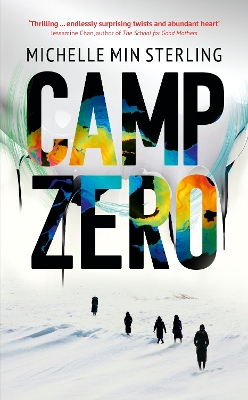
Kim Deister
I love a dystopian novel, especially one set in the near future. There’s something chilling about reading something grounded within the frame of my own reality. So from the moment I heard about it, I knew I needed to read Camp Zero.
But this was an extremely muddled read. A large part of the reason for the confusion was the sheer number of themes compressed into the story. It felt like too much, as if no one theme was fully explored or developed. Furthering the confusion was a back-and-forth timeline that was rarely easy to determine, as well as ever shifting perspectives. While the different perspectives and the shifts of time were germaine to the story, they lost something in the lack of clarity. It all just made for an often confusing read.
So many themes… a commentary on the effects of climate change, the effects of technology, misogyny, greed and corruption. Each of which is important, but again, underdeveloped. What I did like was the shades of Margaret Atwood’s The Handmaid’s Tale in the way the women were subjugated, almost used as a form of currency.
Perhaps the most disturbing aspect was the Flick, an implanted device that essentially acts as a server. It eliminates the need for everything from a computer to a cell phone to a library, providing everything via a virtual feed that appears in front of one’s eyes. It informs one’s life so completely that it forms almost an addiction. That is chilling.
While I appreciated the overal arc of good versus evil, the ending felt muddied and unfinished. It left more questions than it gave answers. While there’s no sense of a sequel, it felt as if the story just didn’t really end.
